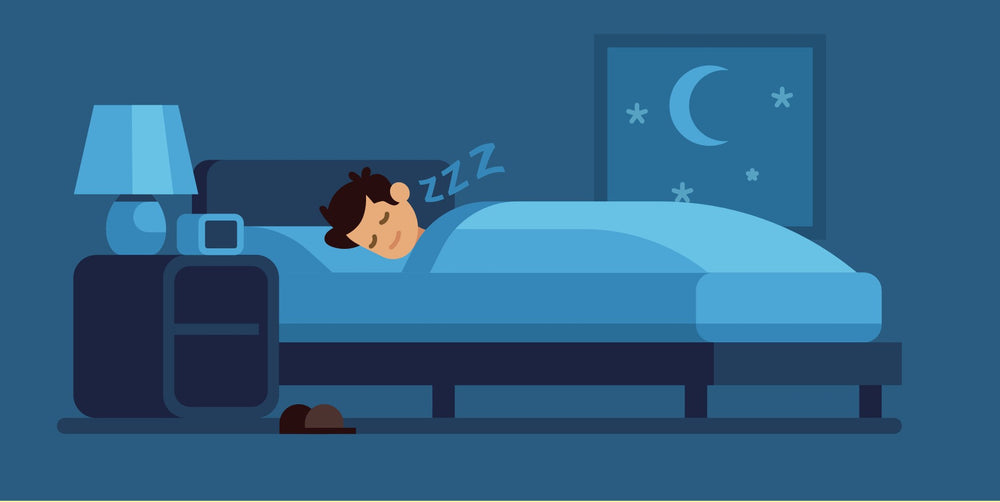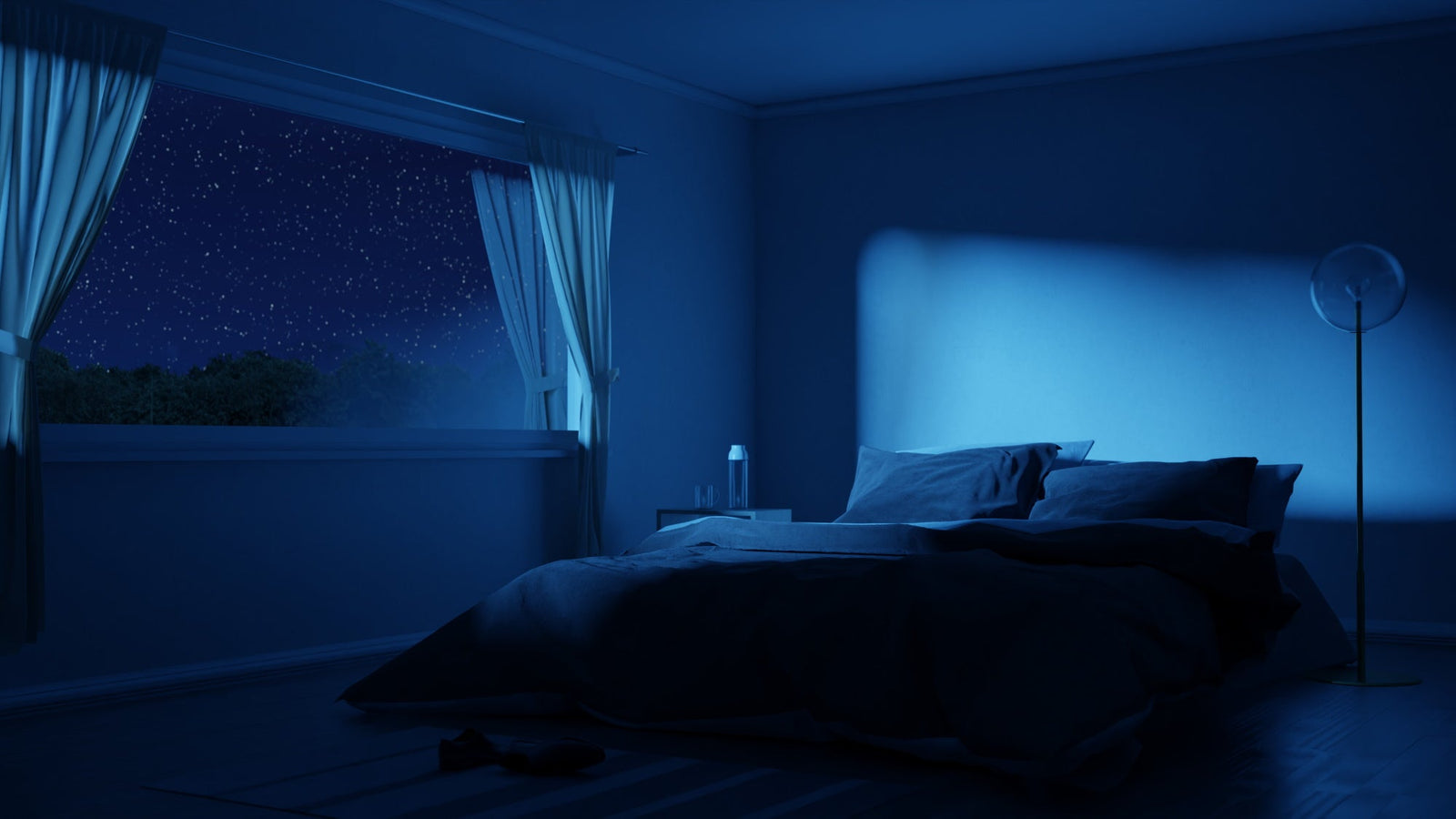Getting a good night’s sleep in Singapore’s warm and humid climate can be challenging. The constant heat and moisture in the air can make it difficult to stay comfortable, often leading to restless nights. While many people focus on cooling devices like air conditioners, the role of bedding in improving sleep quality is just as important. In this guide, we’ll explore how you can optimize your sleep environment in Singapore to ensure you wake up feeling refreshed every morning.
Understanding the Role of Environment in Sleep Quality
The environment you sleep in plays a crucial role in determining how well you rest. In tropical climates like Singapore’s, factors such as temperature, humidity, and airflow directly affect sleep quality. Studies have shown that high humidity can disrupt sleep by causing discomfort, sweating, and dehydration. Conversely, maintaining a cool, well-ventilated sleep environment can significantly improve the duration and quality of your sleep.
Optimizing Your Bedroom for Better Sleep
Cooling Techniques:
Creating a cool and comfortable sleeping environment starts with temperature control. Experts recommend setting your room temperature between 18-22°C for optimal sleep. Air conditioners and fans are essential in Singapore to combat the heat and humidity. Additionally, positioning your bed near a window or using a dehumidifier can help regulate airflow and reduce moisture in the air, making your bedroom more conducive to sleep.
Bedding Materials:
The material of your bedsheets plays a pivotal role in how comfortable you feel during the night. In Singapore, where the humidity can be overwhelming, breathable and moisture-wicking materials like Tencel and bamboo are ideal. These fabrics naturally regulate temperature and wick away sweat, helping you stay cool and dry throughout the night. Unlike cotton or polyester, Tencel and bamboo are known for their smooth texture and cooling properties, making them perfect for hot, sticky nights.
Selecting the Right Bedsheets
When it comes to choosing bedsheets, it’s not just about thread count. While a higher thread count often implies luxury, in humid climates, the material matters more. Tencel and bamboo sheets, for instance, offer a balance of softness and breathability with thread counts between 300-500, which are ideal for allowing airflow while still feeling luxurious. These materials are also hypoallergenic and antimicrobial, further enhancing their suitability for Singapore’s climate by preventing bacteria and dust mites that thrive in humid conditions.
Additional Tips for a Restful Sleep
Creating a perfect sleep environment goes beyond just temperature and bedding. Here are a few additional tips:

Light and Noise Control
- Blackout Curtains: Investing in blackout curtains can effectively block out external light sources, which is particularly useful for those who need to sleep during the day or live in well-lit urban areas. Blackout curtains not only improve sleep quality by reducing light but also help to insulate the room, keeping it cooler.
- Noise Reduction: Noise pollution is a common issue in urban settings like Singapore. To minimize disturbances, consider using earplugs or white noise machines that produce calming sounds to drown out background noise. Apps that offer soundscapes or relaxation sounds can also be effective.
Maintaining a Clean and Clutter-Free Space:
- Declutter: A cluttered bedroom can contribute to stress and anxiety, making it harder to relax and fall asleep. Keeping your sleep environment tidy, with minimal distractions, helps create a calming atmosphere.
- Air Quality: Ensure your room has good air quality by regularly cleaning, vacuuming, and using air purifiers. Dust and allergens can accumulate quickly in humid environments, leading to respiratory issues that disturb sleep. Air-purifying plants, such as peace lilies or snake plants, can also help improve indoor air quality naturally.
Sleep Routine:
- Consistent Sleep Schedule: Going to bed and waking up at the same time every day helps regulate your body’s internal clock, making it easier to fall asleep and wake up refreshed. Even on weekends, try to stick to your schedule to avoid disrupting your sleep pattern.
-
Wind-Down Activities: Develop a bedtime routine that helps signal to your body that it’s time to sleep. This could include activities such as reading, taking a warm bath, or practicing relaxation techniques like deep breathing or meditation. Avoiding screens at least an hour before bed is crucial, as the blue light emitted by phones and computers can interfere with the production of melatonin, the hormone that regulates sleep.

Temperature and Humidity Management:
- Dehumidifiers: To combat the high humidity in Singapore, using a dehumidifier can help maintain an optimal humidity level in your bedroom, ideally between 40-60%. This not only makes the room feel cooler but also prevents the growth of mold and dust mites, which thrive in humid environments.
- Cooling Bedding Accessories: Consider using cooling pillows, mattress toppers, or even cooling blankets designed to draw heat away from the body. These accessories can be particularly beneficial in a hot and humid climate, helping to regulate your body temperature throughout the night.
Optimizing your sleep environment in Singapore’s challenging climate doesn’t have to be difficult. By focusing on the right cooling techniques, choosing the best bedding materials, maintaining a clean and clutter-free space, and following a consistent sleep routine, you can ensure that every night is restful.
